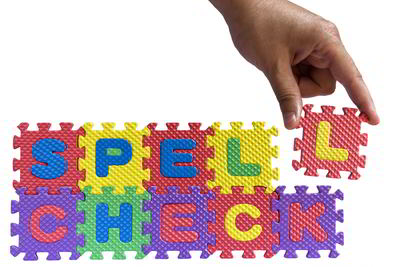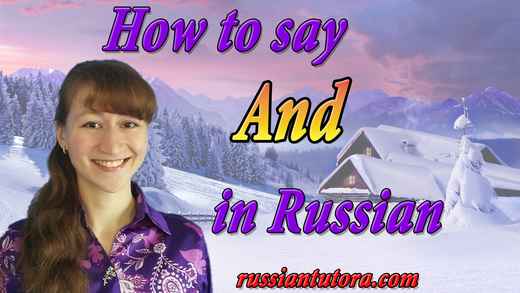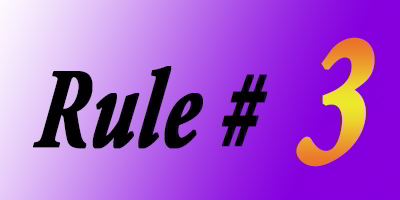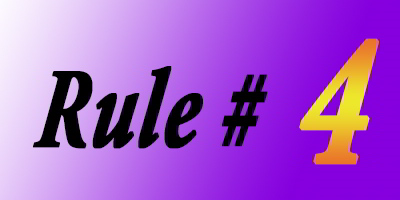Russian Spelling Rules
Learn to Spell Russian Words
Learning the rules of Russian grammar and some especially important peculiarities will help you to circumvent a number of common mistakes mostly in the written language.
In the Russian language the term “spelling rule” usually indicates a group of rules which deal with spelling in case the spelling of a certain word is different from its phonetic transcription.
All spelling rules in Russian indicate that specific consonants cannot precede certain vowels in non-stressed syllables or never at all. Quite often spelling rules don’t influence pronunciation. This can be explained by the fact that 5 of 8 consonants in the Russian language that are subject to certain spelling rules can be either “soft” or “hard” but never both. There are three so-called velar consonants in Russian, which can be “soft” and “hard”, and this is where spelling rules actually represent the phonetic pronunciation.
Spelling and Grammar
Spelling rules are extremely important when studying the morphology of the Russian language. They have significant bearing on nouns’ and adjectives’ declensions and verbs’ conjugation because a number of endings make up combinations of consonants and vowels which are not acceptable in the Russian language according to numerous spelling rules. In certain specific cases the stress determines the applicability of a certain spelling rule, the result of which is what we call “mixed declensions”. In the Russian language spelling rules pretty much always prevail over any other rules that may be applicable.
These rules regulate pretty much all of the morphological changes in Russian. Quite a few of the rules commonly used in nouns’ and adjectives’ declensions can be found in this lesson. If you take some time to familiarize yourself with these rules you will take another step to mastering the Russian language.
Russian Vowel Letters
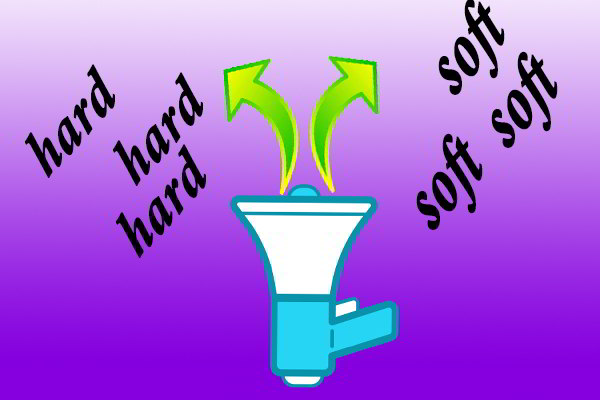
Find out even more about Russian:
In the Russian language there are three main vocalic based spelling rules, which indicate the letter combinations which are not acceptable. Remember that these rules illustrate numerous declension irregularities in nouns, adjective and pronouns of the Russian language as well as verbs’ conjugations.
Russian Spelling Rules
Spelling Rule #1
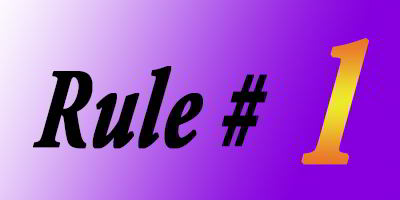
If you take some time to memorize and learn the following rule you will be able to circumvent some quite common mistakes when you write in Russian.
“After the velar consonants г, к, and х:
and the sibilant consonants ж, ч, ш, щ:
under no circumstances you can use the letter ы, which is “hard”. Instead you should use the “soft” equivalent, which is и. Note that after ж and ш we say ы, but in writing it is always и.”
Spelling Rule #2
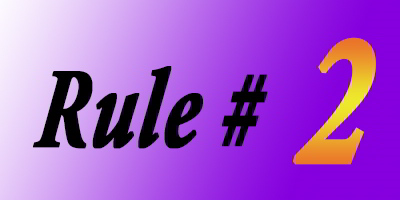
the sibilant consonants ж, ч, ш, щ
and the hard consonant ц:
you can never write ю, which is a “soft” vowel. It should always be substituted with the “hard” y, in spite of the fact that after letters ч and щ it sounds like ю;
you can never use я, which is “soft”. Always substitute it with “hard” а, despite the fact that after letters ч and щ we pronounce я.”
Spelling Rule #3
“After the sibilant consonants ж, ч, ш, щ and the hard consonant ц:
Under no circumstances can one use о. There is one exception to the rule though. If the о is part of the stressed suffix, you can go ahead and write о.
If the suffix is unstressed the added part is written with е.”
This particular rule isn’t quite as significant in terms of pronunciation, because if о and у are not stressed, they degrade to a neutral schwa sound.
Remember that this particular rule is connected with the fact that the stressed о after letters ж, ц, ч, ш and щ is pronounced just as the stressed ё after those same letters. In most cases the letter ё is preferable compared to о after letters ж, ц, ч, ш and щ. If the stress is changed letter ё is deprived of the accent.
Spelling Rule #4
In case letters ь, й or я are at the end of a word they are omitted and basically replaced with an additional suffix. This mostly concerns numerous feminine and masculine nouns (those that end with й).
In this case ь, й and я should always be substituted with letter и instead of ы. For example in the plural: ночь - ночи, музей - музеи, семья - семьи. Some other suffixes make it possible to use the “hard” ы after ц, which is always “hard”.

